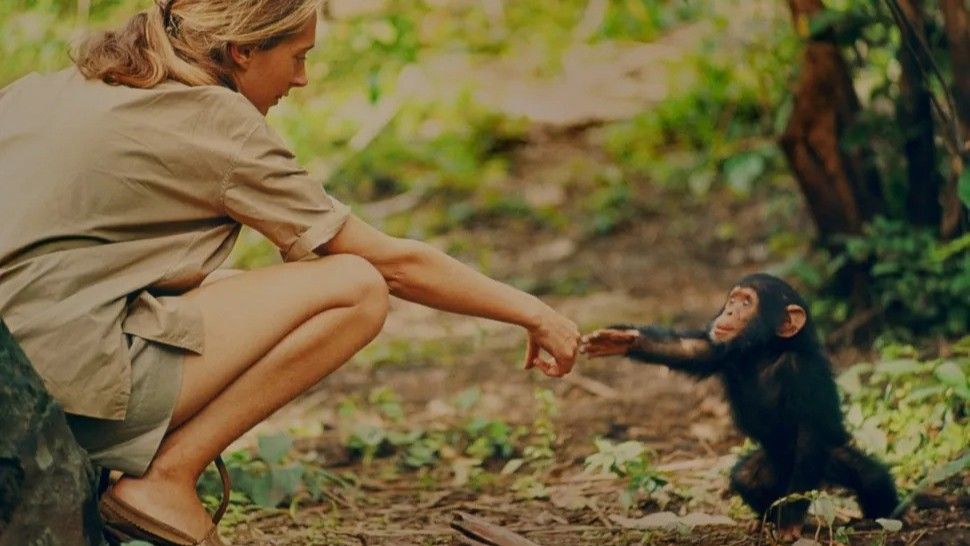When Jane Goodall stepped off her boat into what is now Gombe National Park in Tanzania on July 14, 1960, she began a journey that would change science forever.
Armed with her notepad and binoculars, Goodall perched far away from the chimpanzees (Pan troglodytes) she had been sent to observe and worked to gradually build their trust. This patience gave the chimps time to “habituate” — the process whereby wild animals acclimatize to human presence to the point that they start to behave normally around them.
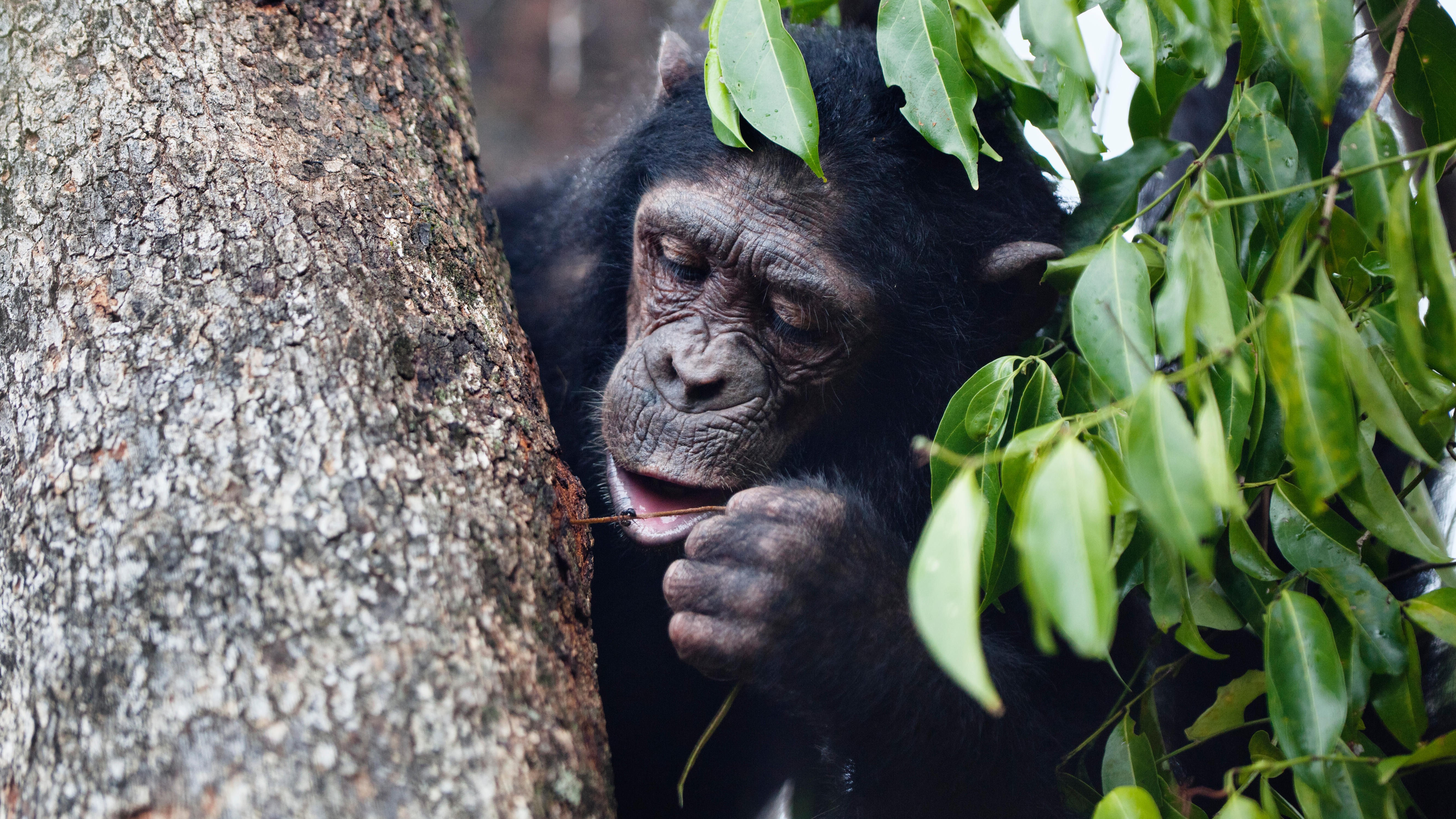
Goodall’s first revolutionary discovery was that humans were not unique in making and using tools. In October 1960, she spied David Greybeard — a high-ranking adult male who was the first to relax in her presence — poking a stick into a termite mound to fish out its occupants.
Until this point, scientists assumed that only humans had the brains for such behavior. “It is in making tools that man is unique,” Kenneth Oakley, a 20th-century physical anthropologist and palaeontologist, wrote for a conference held at the Natural History Museum in London in 1947. “The shaping of sticks and stones to particular uses was the first recognisably human activity,” he said.
The field of chimpanzee, and wider animal, tool use is now a burgeoning research field, with chimpanzees across Africa known to fish for termites, while West African chimps are experts at using stones to crack open hard-shelled nuts. Primatologists now routinely observe chimps using tools to infer how hominins may have solved similar problems, including termite-fishing.
Each to their own
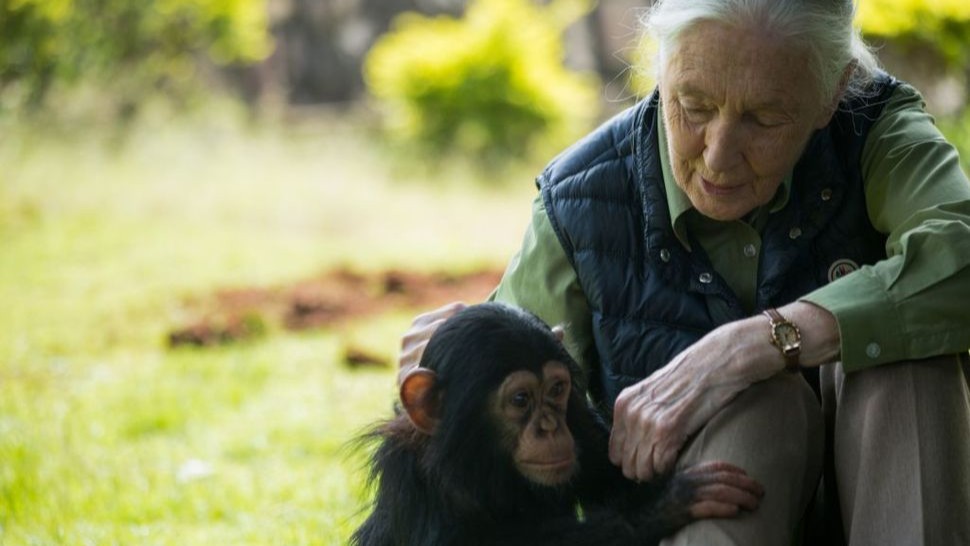
Goodall defied convention by giving each member of the Kasakela chimpanzee community a name, such as Flo, Fifi and Goliath, as opposed to a number. Off the back of this, she noticed that each individual had its own personality, with David Greybeard, for example, being very gentle, while Frodo was a known bully.
Because of Goodall, finding individual differences in how chimpanzees act and think is now unsurprising, but this discovery paved the way for a flurry of research into how personality maps onto behavior. This is important because differences in behavior can have large evolutionary consequences, especially if this impacts the ability to survive and reproduce — the key principle behind evolution by natural selection.
Complex relationships
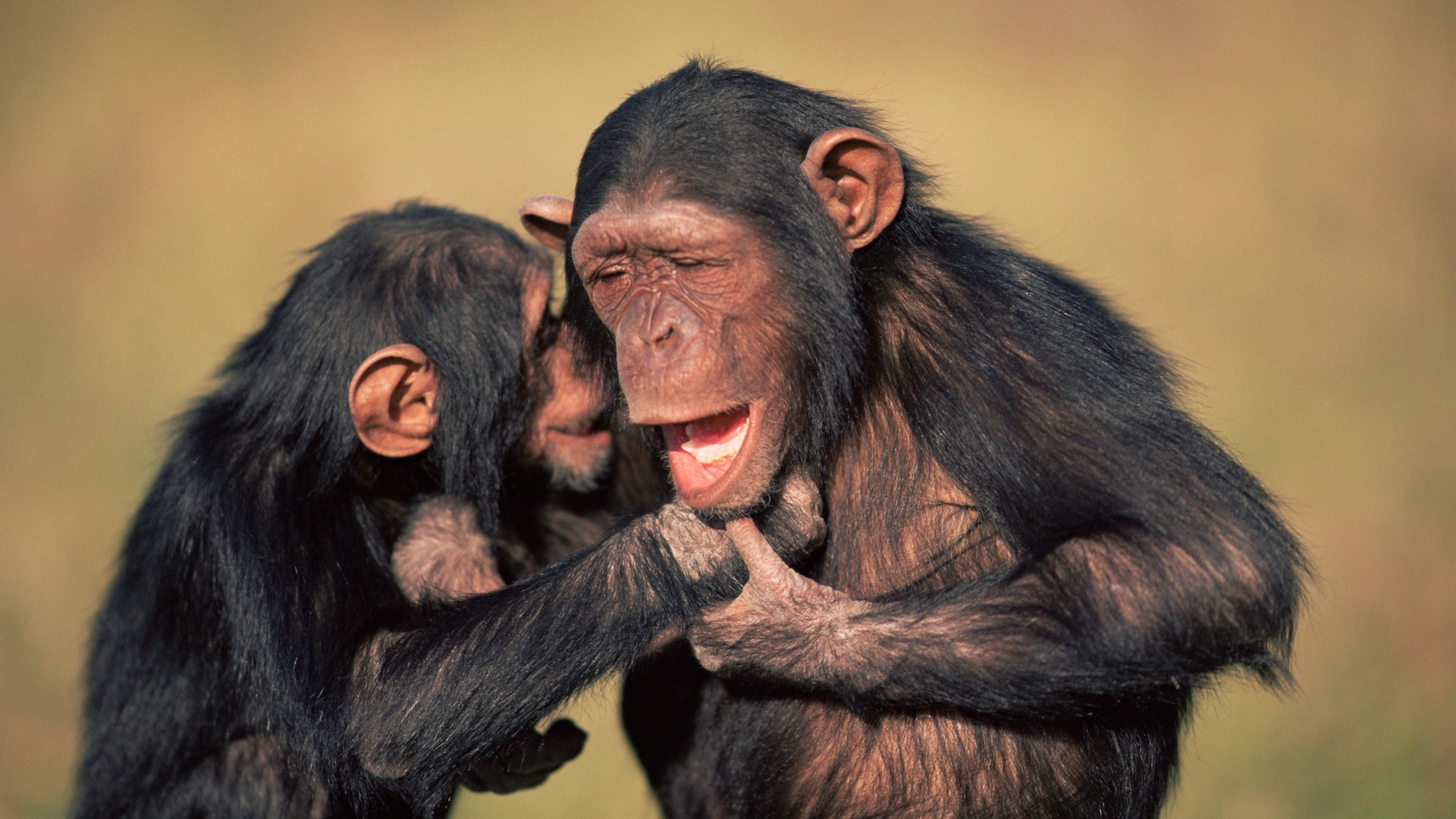
The birth of a new infant, Flint, in the early 1960s gave Goodall the opportunity to observe mothers caring for their newborns. Every interaction she saw was a new scientific discovery.
For example, Goodall noticed how, as infants mature, mothers began to actively wean their young by denying nursing opportunities and rejecting attempts to hitch a ride on their backs, while simultaneously exposing their infants to more and more social interactions.
Scientists now know that mothers play an essential role in the learning periods for complex behaviours such as tool use. A 2019 study published in the journal PNAS found that chimp mothers in the Republic of Congo could even be actively teaching their infants how to termite-fish by giving them their own stick rods as hand-me-downs.
Empathy and grief
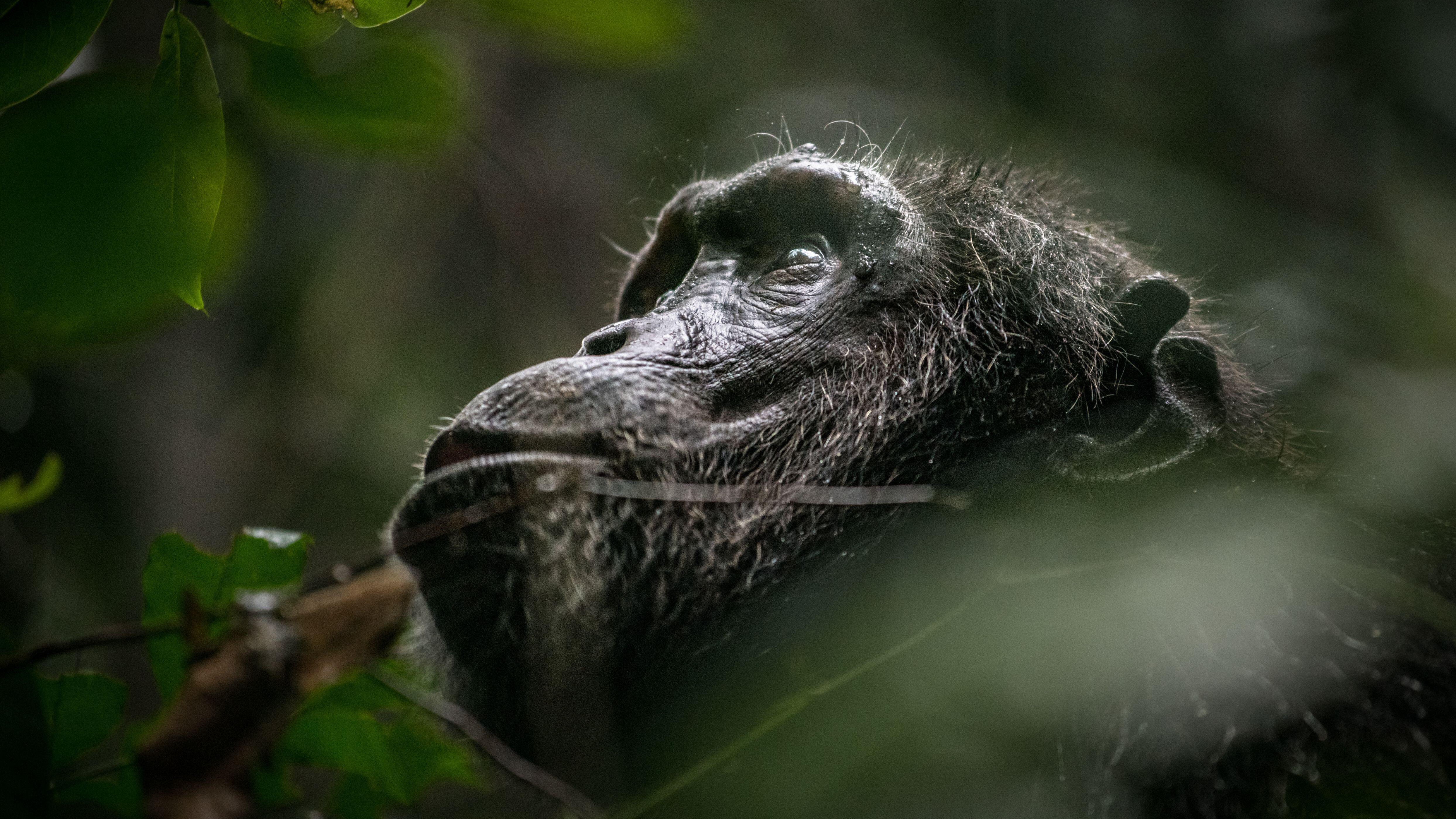
Beyond mother-infant bonds, Goodall also observed that chimpanzees form strong, long-term connections with their family and other members of the group. Research has since found that individual chimpanzees create close bonds with those outside of their own sex and rank, and will share food with their buddies.
Moreover, primatologists now know that chimps have an exceptional social memory that complements these bonds, with 2023 research in the journal PNAS finding that chimps recognize their former group mates almost three decades after they last laid eyes on one another.
As such, Goodall’s discovery was key for unlocking the previously unknown social lives of our closest living relatives, and revealed what these relationships can teach us about human social and cultural evolution.
For example, these close relationships, and the corresponding social tolerance this creates, are the foundation for learning in chimps — with chimps acquiring a vast array of behavior from others. In fact, being tolerant toward one’s groupmates is argued to be fundamental for primates, including hominins, in evolving to make and use tools.
A taste for blood
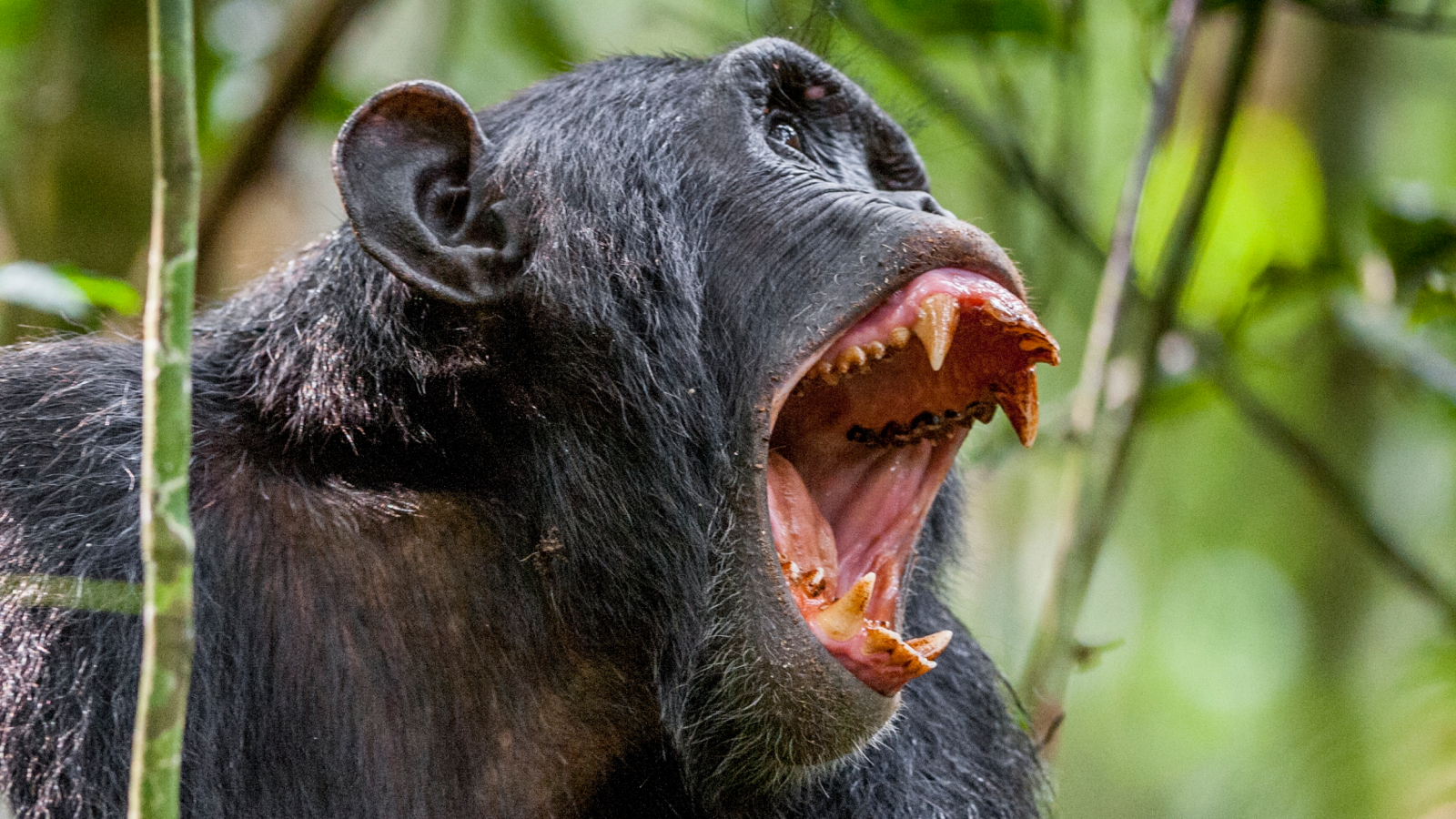
Goodall’s time in Gombe also revealed that chimpanzees are not the vegetarians they were once believed to be. Instead, they’re omnivores who actively hunt for meat. Red colobus monkeys (genus Piliocolobus) are the main prey for the Kasakela community, but it is now known that chimps across Africa hunt a wide range of species.
For example, chimps in Uganda hunt duiker, a type of antelope, while the Fongoli chimps in Senegal craft spears to kill bushbabies.
Goodall also discovered violence between members of different groups, with this discovery paving the way for what is now extensive research into chimpanzee border patrols, group level cooperation and reconciliation behavior.
We now know that oxytocin — the bonding hormone — is involved in post-conflict reconciliation, showing its importance not only in building relationships, but repairing them.
